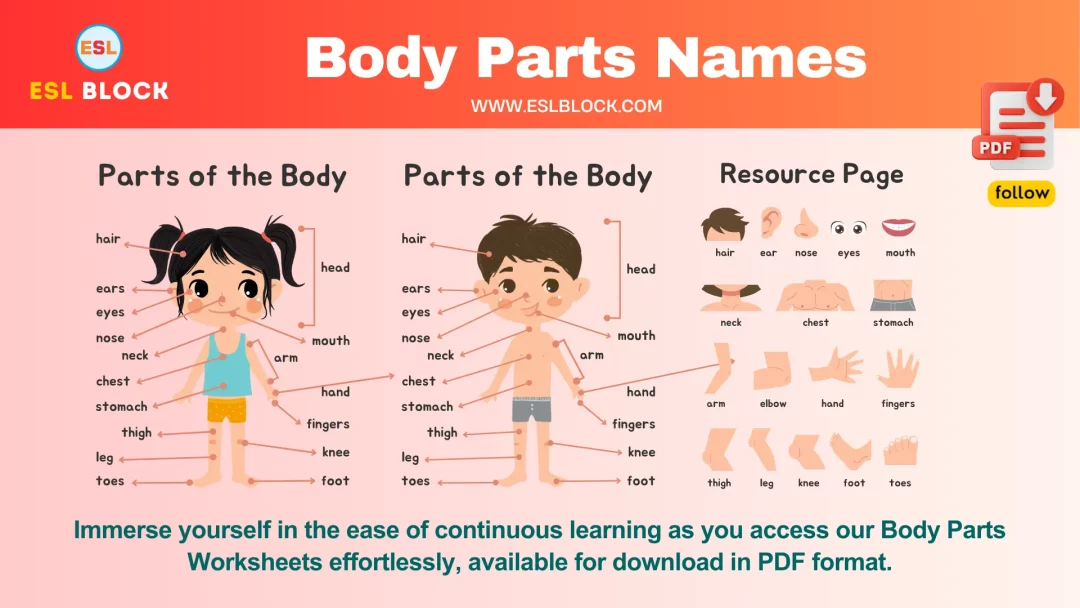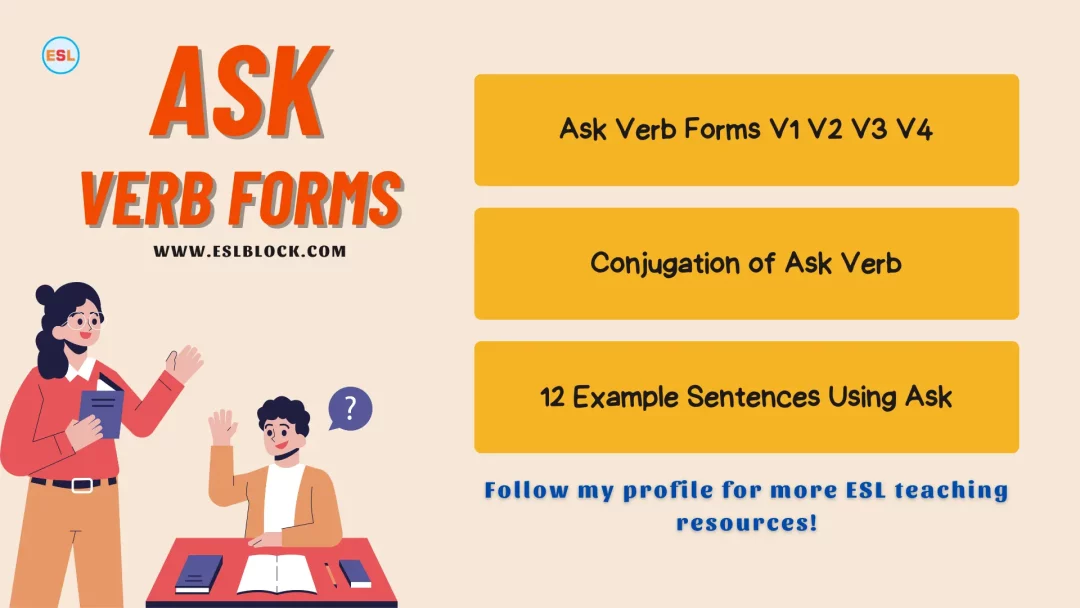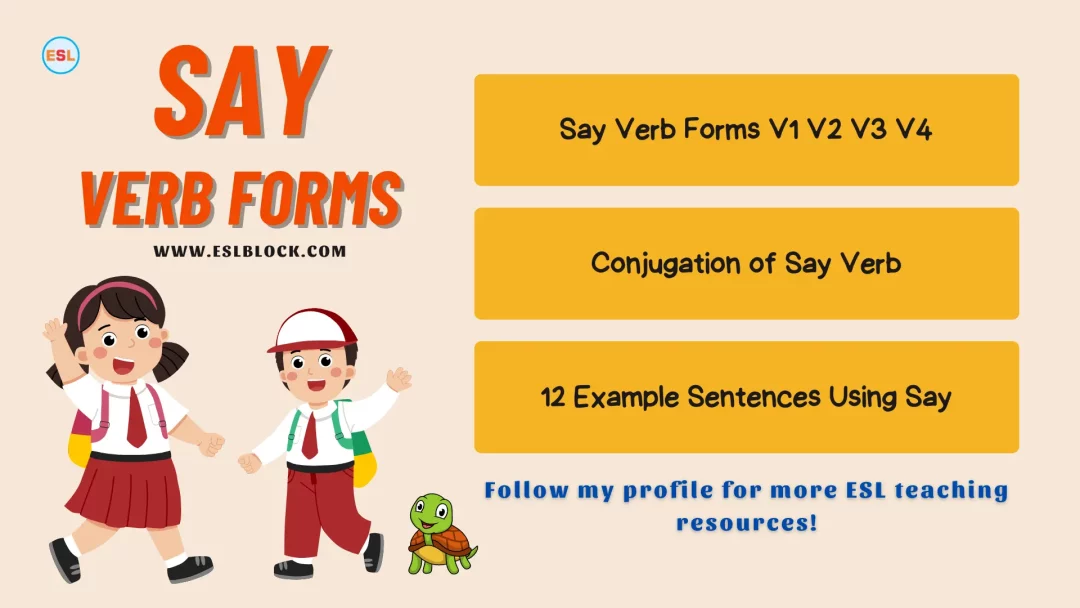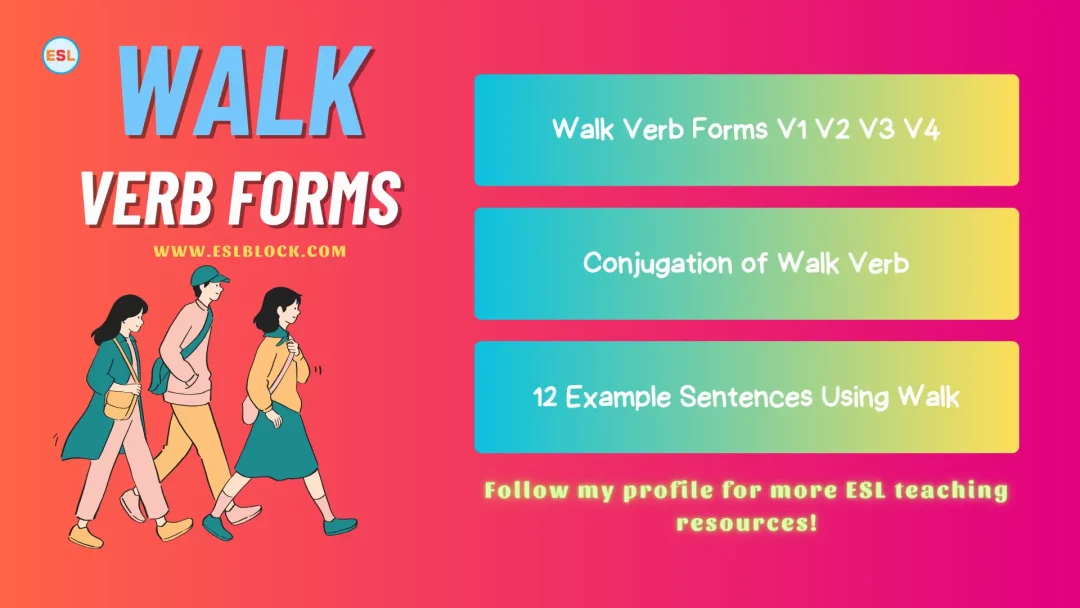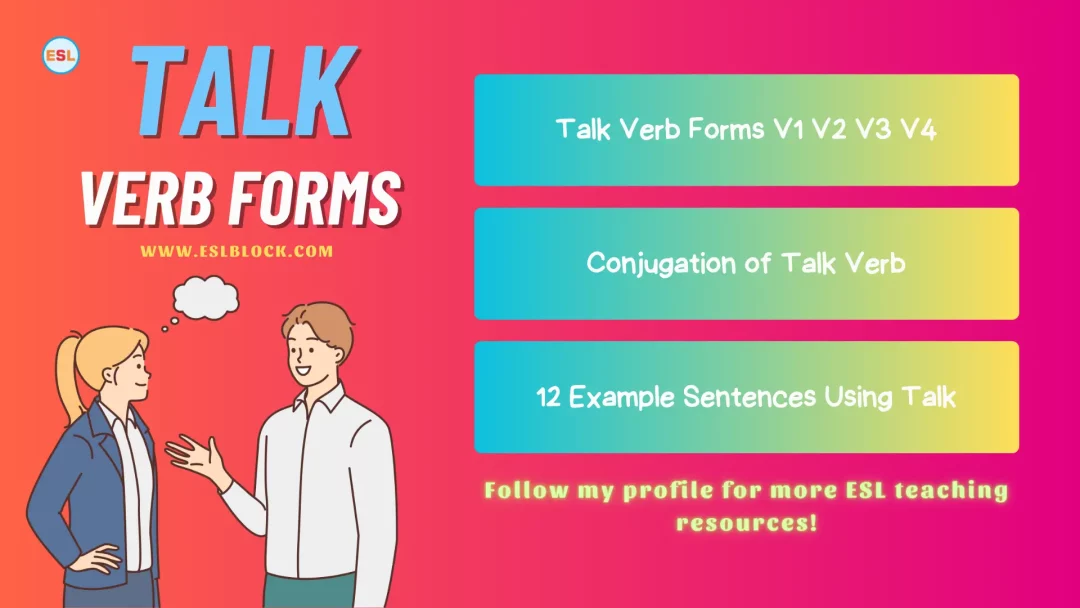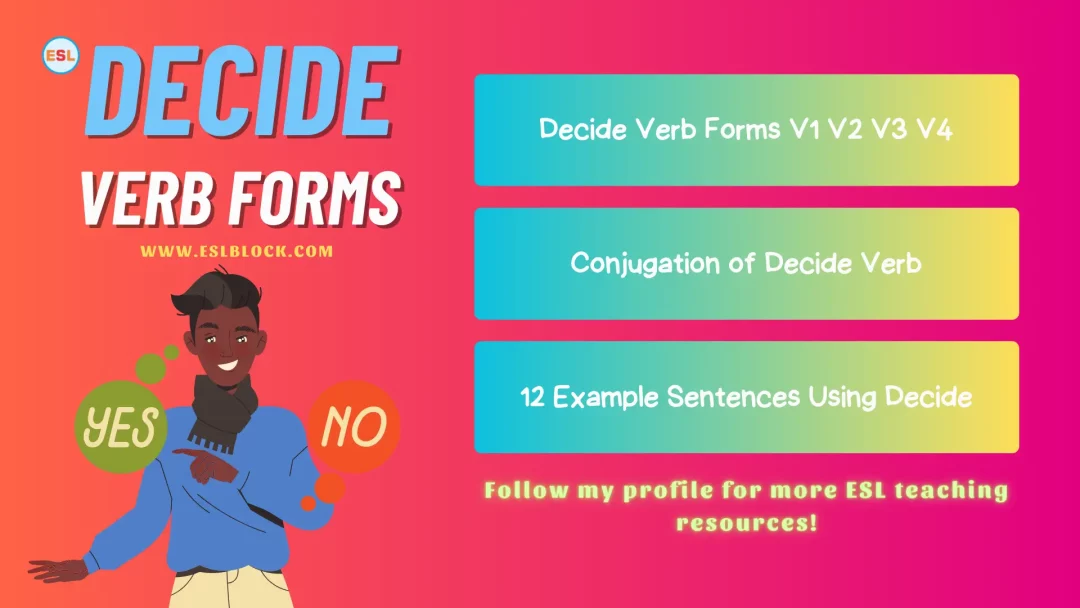Future Progressive Tense Definition With Examples

![]()
The future progressive tense, also known as the future continuous tense, is a grammatical structure used to describe an action that will be ongoing in the future. It is formed by using the auxiliary verb “will” followed by the present participle of the main verb, which is typically indicated by the “-ing” suffix.
“I will be studying for my exam tomorrow evening” In this sentence, the future progressive tense is used to describe an action that will be ongoing in the future. The subject “I” is the person who will be performing the action, and the verb “studying” is in the present participle form, indicating that the action will be in progress at a specific point in the future (tomorrow evening).
“They will be cooking dinner when we arrive” In this sentence, the future progressive tense is used to describe an action that will be ongoing in the future. The subject “they” is the person who will be performing the action, and the verb “cooking” is in the present participle form, indicating that the action will be in progress at a specific point in the future (when we arrive). The verb “will be” is a sign of future progressive tense, and it’s been used to indicate that the action of cooking will be in progress in the future.
Read also: Personal Injury Lawyer Greenville NC
The purpose of this blog post is to provide a comprehensive overview of the future progressive tense in English grammar. We will explore the structure and usage of the future progressive tense, as well as common situations where it is used in spoken and written English. We will also discuss the role of the future progressive tense in literature, media, and second language learning.
It is important to understand the concept of the future progressive tense to be able to use it correctly and effectively in various contexts. This post will guide you through the basics and help you to master the future progressive tense. It will also give you examples and tips to help you confidently use the future progressive tense.
Read also: Types of Sentences Worksheets
How to form Future Progressive Tense?
The future progressive tense is formed by using the auxiliary verb “will” followed by the present participle of the main verb, which is typically indicated by the “-ing” suffix. For example, I will be studying or They will be cooking. The structure of the future progressive tense is will + be + present participle (-ing).
Rules for affirmative sentences
When forming affirmative sentences in the future progressive tense, it is important to remember to use the correct subject-verb agreement. For example, I will be studying or They will be cooking. Here are some examples of affirmative sentences in the future progressive tense:
- I will be working on my project tomorrow
- She will be singing at the concert next week
- We will be traveling to Paris next month
- He will be playing soccer with his friends later
- They will be studying for their exams next week
Rules for negative sentences
When forming negative sentences in the future progressive tense, the word “not” is added after the auxiliary verb “will.” For example, I will not be studying or They will not be cooking. Here are some examples of negative sentences in the future progressive tense:
- I will not be going to the party tonight
- She will not be watching the movie with us
- We will not be visiting the museum this weekend
- He will not be playing video games later
- They will not be studying for their exams tomorrow
Rules for interrogative sentences
When forming interrogative sentences in the future progressive tense, the word order is slightly different from affirmative and negative sentences. The auxiliary verb “will” comes before the subject, followed by the present participle of the main verb. For example, Will I be studying? or Will they be cooking? Here are some examples of interrogative sentences in the future progressive tense:
- Will you be attending the meeting tomorrow?
- Will they be playing baseball at the park later?
- Will we be going to the concert next month?
- Will he be writing a book in the next year?
- Will she be taking a dance class next semester?
Short Paragraphs for using the Future Progressive Tense
In the morning, I will be waking up early to start my day. I will be having breakfast and getting ready for work. By 9am, I will be on my way to the office.
This evening, my friends and I will be having a BBQ party at my house. We will be grilling burgers and hotdogs, and enjoying some cold drinks. We will be having a great time and making memories together.
Next weekend, my family will be taking a road trip to the beach. We will be packing the car and leaving early Saturday morning. We will be enjoying the scenery on the way and spending the day swimming and sunbathing.
In a year from now, I will be graduating from college. I will be walking across the stage in my cap and gown, and receiving my diploma. I will be feeling proud and accomplished, and looking forward to starting my career.
In five years, I will be running my own business. I will be working hard to make it a success, and constantly learning and growing as an entrepreneur. I will be proud of all that I have achieved and excited for the future.
Examples of Future Progressive Tense in everyday situations
- I will be cooking dinner for my family tonight.
- He will be playing video games with his friends tomorrow.
- They will not be studying for their exams next week.
- You will be visiting your grandparents next month.
- She will be watching the movie with us tonight.
- Will you be going to the party tonight?
- We will not be traveling to Mexico this summer.
- He will be meeting with his boss at 10 am tomorrow.
- Will Sarah be joining us for lunch?
- I will not be attending the concert this weekend.
- I will be going for a run in the park this morning.
- They will be having a picnic in the park later.
- He will be working on his project tonight.
- She will be taking a dance class next semester.
- We will not be going to the concert tonight.
- Will you be joining us for dinner tonight?
- I will be finishing my book by the end of the week.
- They will be going to the beach this weekend.
- He will be meeting with his clients tomorrow.
- She will be organizing her closet next weekend.
- I will be making breakfast for my family tomorrow morning.
- They will be going shopping for clothes this afternoon.
- He will be practicing his guitar tonight.
- She will be studying for her exam tomorrow.
- We will not be going to the party tonight.
- Will you be joining us for the trip next month?
- I will be finishing my work by the end of the day.
- They will be having a meeting tomorrow.
- He will be meeting with his friends later.
- She will be watching the game tonight.
- I will be going to the gym this morning.
- They will be having a family gathering next weekend.
- He will be preparing for his presentation tomorrow.
- She will be writing her essay tonight.
- We will not be going to the concert tomorrow.
- Will you be joining us for the hike next week?
- I will be finishing my project by the end of the month.
- They will be visiting the museum this weekend.
- He will be working on his car tomorrow.
- She will be taking a yoga class next month.
- I will be watching my favorite show tonight.
- They will be having a party next weekend.
- He will be going to the park later.
- She will be studying for her test tomorrow.
- We will not be going to the club tonight.
- Will you be joining us for the trip to Hawaii?
- I will be finishing my book by the end of the week.
- They will be going to the beach this weekend.
- He will be meeting with his boss next week.
- She will be organizing her closet this weekend.
- I will be making pancakes for breakfast tomorrow.
- They will be going shopping for groceries later.
- He will be practicing his piano tonight.
- She will be studying for her exam next week.
- We will not be going to the concert tomorrow.
- Will you be joining us for the barbecue next weekend?
- I will be finishing my work by the end of the day.
- They will be having a meeting tomorrow.
- He will be meeting with his friends later.
- She will be watching the game tonight.
- I will be going to the gym this morning.
- They will be having a family gathering next month.
- He will be preparing for his presentation next week.
- She will be writing her essay tonight.
- We will not be going to the concert next weekend.
- Will you be joining us for the hike next month?
- I will be finishing my project by the end of the semester.
- They will be visiting the museum this weekend.
- He will be working on his car tomorrow.
- She will be taking a yoga class next semester.
- I will be watching my favorite show tonight.
- They will be having a party next weekend.
- He will be going for a run in the morning.
- She will be studying for her test tomorrow.
- We will not be going to the club tonight.
- Will you be joining us for the trip to the mountains?
- I will be finishing my book by the end of the week.
- They will be going to the beach next month.
- He will be meeting with his boss next week.
- She will be organizing her closet this weekend.
- I will be making breakfast for my family tomorrow.
- They will be going shopping for clothes later.
- He will be practicing his guitar tonight.
- She will be studying for her exam next semester.
- We will not be going to the party tonight.
- Will you be joining us for the trip to the amusement park?
- I will be finishing my work by the end of the day.
- They will be having a meeting next week.
- He will be meeting with his friends later.
- She will be watching the game tonight.
Questions and answers about future progressive tense
Question: What is the structure of the future progressive tense?
Answer: The structure of the future progressive tense is “will + be + present participle (-ing)”.
Question: How do you form affirmative sentences in the future progressive tense?
Answer: To form affirmative sentences in the future progressive tense, use the auxiliary verb “will” followed by the present participle of the main verb, and remember to use the correct subject-verb agreement.
Question: How do you form negative sentences in the future progressive tense?
Answer: To form negative sentences in the future progressive tense, use the auxiliary verb “will” followed by “not” and the present participle of the main verb.
Question: How do you form interrogative sentences in the future progressive tense?
Answer: To form interrogative sentences in the future progressive tense, use the auxiliary verb “will” before the subject, followed by the present participle of the main verb.
Question: What are some examples of everyday situations where the future progressive tense is used?
Answer: Examples of everyday situations where the future progressive tense is used include making plans for the future, describing ongoing actions in the future, and discussing future events or activities.
Fill in the blank questions about future progressive tense
- I _____ be cooking dinner for my family tonight. (will/won’t)
- He _____ be playing video games with his friends tomorrow. (will/won’t)
- They _____ be studying for their exams next week. (will/won’t)
- You _____ be visiting your grandparents next month. (will/won’t)
- She _____ be watching the movie with us tonight. (will/won’t)
- _____ you be going to the party tonight? (Will/Won’t)
- We _____ be traveling to Mexico this summer. (will/won’t)
- He _____ be meeting with his boss at 10 am tomorrow. (will/won’t)
- _____ Sarah be joining us for lunch? (Will/Won’t)
- I _____ be attending the concert this weekend. (will/won’t)
Answer:
- will
- will
- won’t
- will
- will
- Will
- won’t
- will
- Will
- won’t
Conclusion
In conclusion, the future progressive tense is a grammatical structure used to describe an action that will be ongoing in the future. It is formed by using the auxiliary verb “will” followed by the present participle of the main verb, which is typically indicated by the “-ing” suffix.
Throughout this blog post, we discussed the structure and usage of the future progressive tense, as well as common situations where it is used in spoken and written English. We also discussed the role of the future progressive tense in literature, media, and second language learning.
It is important to practice using the future progressive tense to become more confident in your language skills. Take the time to review the examples given in this post and try constructing your own sentences using the future progressive tense. As you practice, you’ll find that this structure becomes more natural and intuitive to use. Remember to use the correct subject-verb agreement, negative and interrogative sentences formation, and use the structure of the future progressive tense “will + be + present participle (-ing)”.
Practice using the future progressive tense in different contexts and situations will help to improve proficiency with it.
If you have enjoyed “future progressive tense,” I would be very thankful if you’d help spread it by emailing it to your friends or sharing it on Twitter, Instagram, Pinterest, or Facebook. Thank you!
With ESLBLOCK, you will study with new ideas. If you doubt the qualities of the future progressive tense, reach us through our blog’s comment section. Keep checking back! We’ll do our best to give you feedback as soon as possible. Thank you!
Related Articles
Here are some more lists for you!
- List of Fish: Types of Fish with Interesting Facts and Pictures
- List of Mollusks | Types of Mollusks with Interesting Facts
- List Of Farm Animals: Different Types of Farm Animals
- Shellfish | List of Shellfish with Interesting Facts

